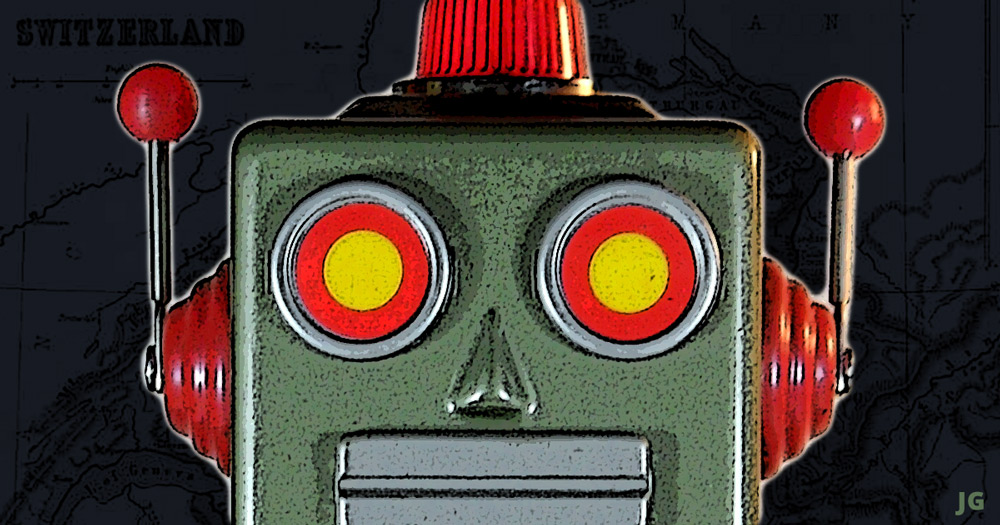Will Donald Trump, infamously successful businessman, actually do something about the federal government’s out-of-control deficits and mounting debt?
Economist Pierre Lemieux, writing in the Financial Post, finds some reason for hope in President Trump’s “America First: A Budget Blueprint to Make America Great Again”:
The proposal to eliminate funding for agencies like the Corporation for Public Broadcasting, the National Endowment for the Arts, and the National Endowment for the Humanities is welcome. Artists should be able to stand on their own two feet with the support of private sponsors and organizations, of which there are many in America. Lovers of concerts should finance their own passion.
Though Lemieux gives good reason to want to cut “official arts and humanities” subsidies even sans their budgetary implications, imagine the backlash from Democrats, the media and the whole collegiate sector!
Actually, the backlash has already begun.
Can united government under the GOP cut even these most obviously least necessary aspects of government subsidy?
I’m not holding any pockets of air in my two lungs.
“Many monstrous bureaucracies would be reined in,” Lemieux goes on, listing proposed cuts to the Environmental Protection Agency (-31 percent), Department of Labor (-21 percent), and other departments of the so-called “discretionary” budget. But this is all small potatoes. “Really cutting federal expenditures would require reducing the welfare state — which Trump has no intention of doing.”
And the fortunes Trump wishes to throw at the military? No knack for parsimony there.
Though we can expect a little exceptional hack-and-slashery from Trump, Lemieux remains skeptical of any overall major effect.
Get used to ballooning debt.
Like you haven’t already.
This is Common Sense. I’m Paul Jacob.







